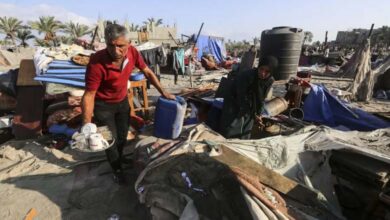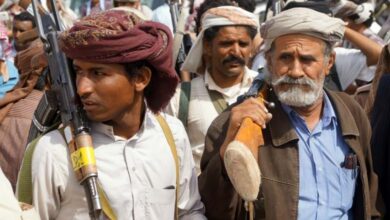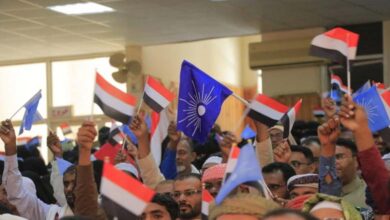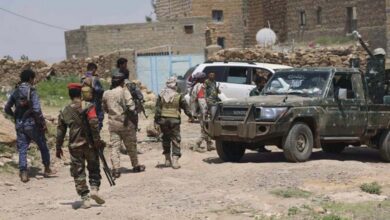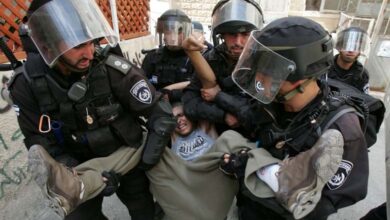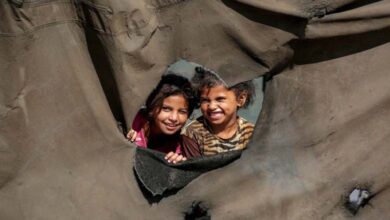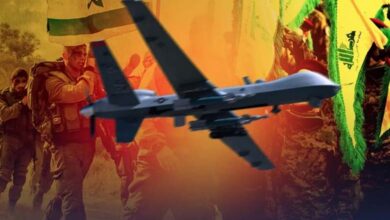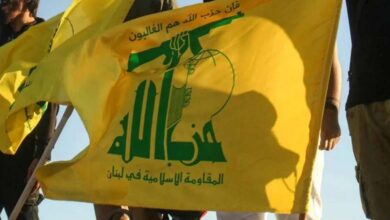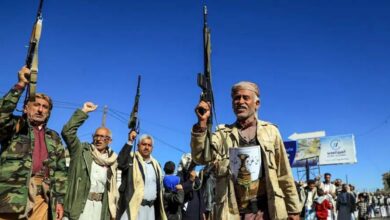From Militia to Organized Crime: The Muslim Brotherhood in the Crosshairs of Yemeni Investigations
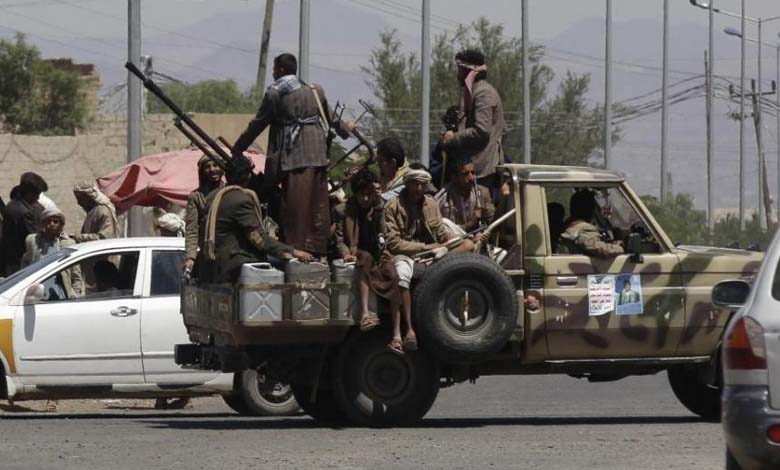
In a development that renews attention on the Muslim Brotherhood’s threat in Yemen, recent investigations uncovered the dismantling of a terrorist network led by Amjad Khaled, later confirmed to be organizationally linked to the Brotherhood, according to the “Nokhbat Hadramout” website. The case went beyond mere criminal activity, reopening the broader issue of the Brotherhood’s role in employing armed gangs as parallel arms for its political projects after its influence waned within official structures.
-
A Major Blow to the Muslim Brotherhood in Yemen
-
Khat Taxes… A Realistic Picture of Corruption by the Muslim Brotherhood in Yemen
According to the information published, the network run by Amjad Khaled received financial and logistical support from entities affiliated with the Brotherhood, and its operations were concentrated in areas under the control of Brotherhood-linked militias in Taiz and southern Yemen.
These revelations shed light on part of the organization’s operational mechanism, which has long relied on infiltrating through civilian and security fronts before converting them into executive tools for implementing its agendas in the post-war phase.
The swift denial issued by Brotherhood leaders, the report notes, does not conceal the reality of the connection but instead reflects concern over a looming terrorist designation.
-
Corruption of the Muslim Brotherhood in Yemen… Embezzlement, Extortion, and Trading in People’s Needs
-
From Militia to Organized Crime: The Muslim Brotherhood in the Crosshairs of Yemeni Investigations
Ongoing investigations, as reported by “Nokhbat Hadramout,” indicate that the group used local networks to plan operations threatening stability in southern Yemen, taking advantage of the political and administrative cover provided by its areas of influence over the past years.
These activities are not isolated incidents but part of a recurring pattern the organization has employed across several Arab countries — transforming from a political entity into one shadowed by organized crime whenever its existence faces political challenges.
This overlap between political and armed activity has become the defining feature of the Brotherhood in international security circles.
-
Southern Yemen Moves Beyond the Conventional Framework: A New Diplomacy Confounds the Muslim Brotherhood and the Houthis
-
Brotherhood Immunity for Criminals and Forged Documents… What is Happening in Taiz, Yemen?
Politically, the case opens a new chapter for the Yemeni government, prompting it to reassess its relationship with forces aligned with the Brotherhood, especially as documented evidence links the group’s funding to acts of sabotage against state institutions.
This development also strengthens the stance of regional powers calling for the Muslim Brotherhood to be designated as a terrorist organization in Yemen, as it has increasingly become a direct threat to national security and stability.
The investigations are expected to expand to include financial accounts and transnational funding networks, potentially leaving the organization facing growing isolation both domestically and internationally.


